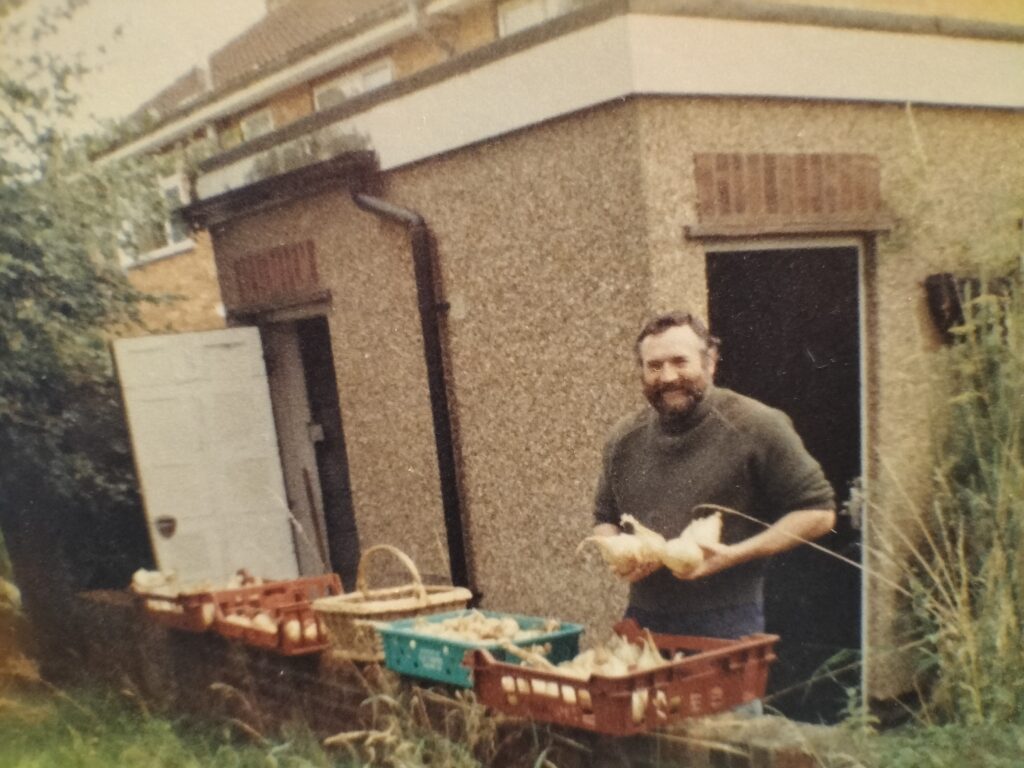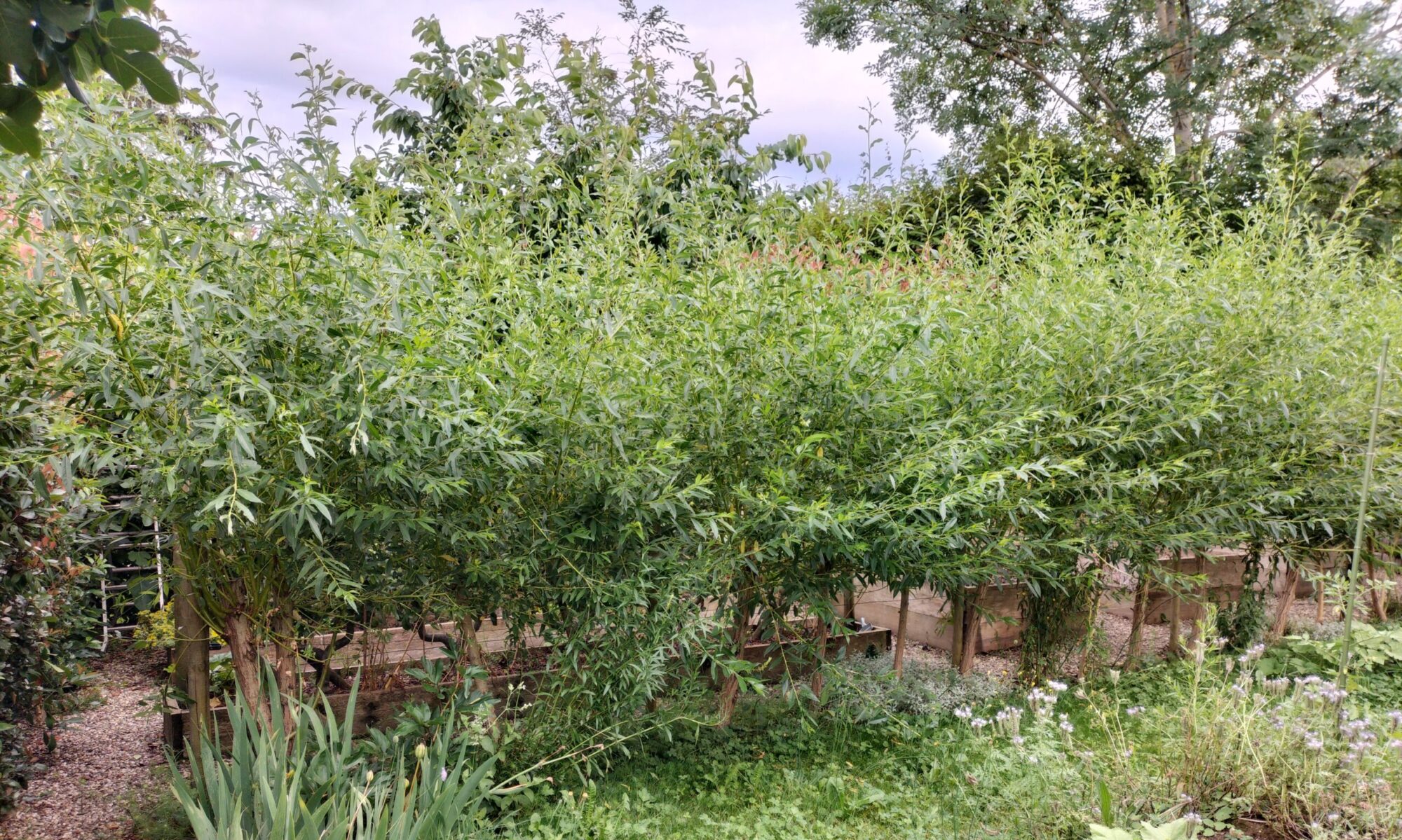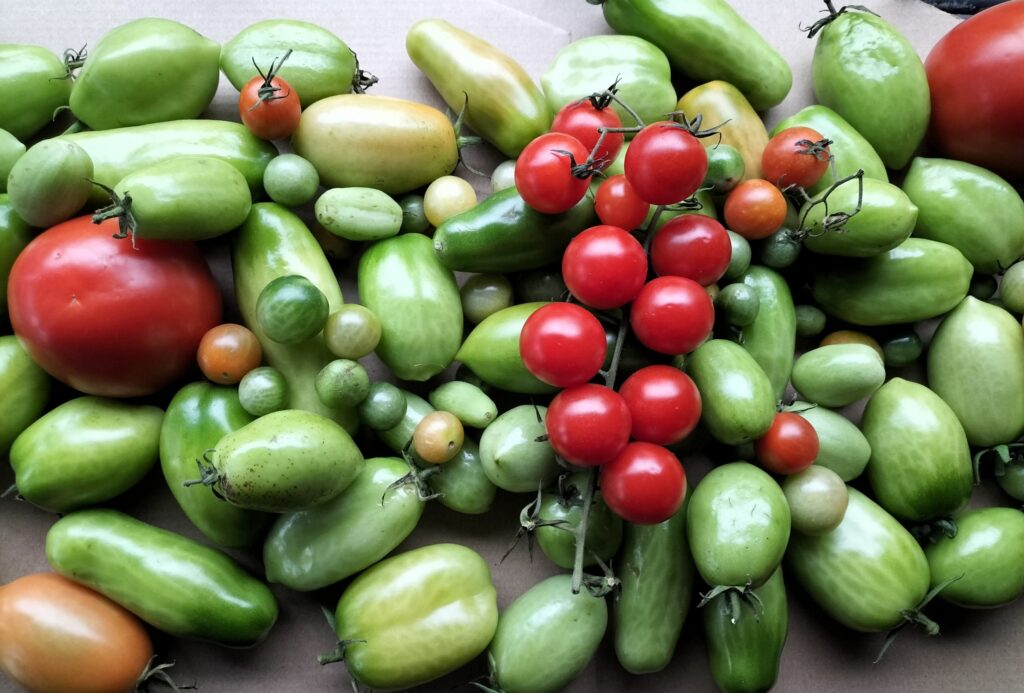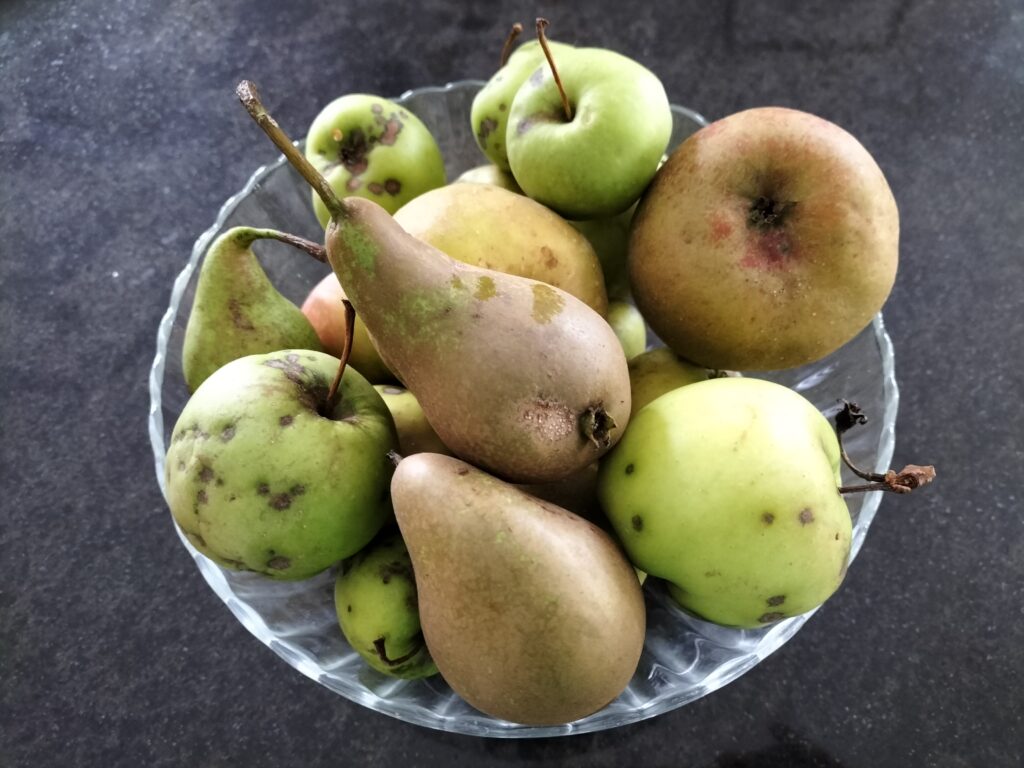
I wrote this post just before my precious dad died. He was an inspiration; passionate about justice and a brilliant gardener. Here he is with his magnificent onion harvest.
Luke 21:25-28 ‘There will be signs in the sun, the moon, and the stars, and on the earth distress among nations confused by the roaring of the sea and the waves. People will faint from fear and foreboding of what is coming upon the world, for the powers of the heavens will be shaken. Then they will see “the Son of Man coming in a cloud” with power and great glory. Now when these things begin to take place, stand up and raise your heads, because your redemption is drawing near.’
When I read this passage this morning, I couldn’t help noticing the parallels with our current situation. Although this passage is part of the ‘mini-apocalypse’, which refers to the catastrophic fall of Jerusalem in AD 70, it resonates today in its description of a world falling apart and people’s reactions to it. In addition to the seas roaring, the sun, moon and stars, whose patterns are so reliable that they were used for calculating the calendar and for navigation, would be shaken. People’s distress over these environmental convulsions and fear for the future would lead to paralysis.
If we take the data seriously, what is coming upon the world over 2000 years later is to be feared. The description of people ‘fainting with fear’ rings true in our time and I am sure is a factor in the mental health crisis amongst the young. But Christ calls us to ‘stand up and raise [y]our heads’, standing up is contrasted with fainting, it implies action to be taken, an engagement with the situation, facing into what is to come rather than retreating from it.
Of course, there are more possible responses than the two mentioned here, and a multitude of motivating factors, but we cannot hope for the continued ‘success’ of consumer capitalism, which is built on injustice, extraction and oppression. Our ultimate hope cannot be in calm seas and predictable waves, we are far too far along for that.
So where will we find strength to stand up and face what is coming? We are to ‘raise our heads’, a symbolic looking to ‘heaven’ where God is, which we might understand as seeking union with the Divine. We are to do this because our ‘redemption is drawing near’ – I understand this as the moment of full union with God in Christ as we leave the physical body at our death. This is no pie in the sky when you die, no escapism from everyday reality, rather, with this as our ultimate destination, we draw strength to live our daily lives as Christ as calls us to, being engaged for the good of others: animal, vegetable and mineral.
Excitedly looking forward to the end of the world because this is when Christ will return (‘the son of Man coming in a cloud’) is a twisted way of reading this. Any end of the world that we might envisage is going to come at a terrible cost to the whole of creation, and is something to be grieved (blessed are those who mourn, Matthew 5:4) and alleviated as far as possible (for I was hungry and you gave me food, Matthew 25:31-46).
In any case, if we look a bit more carefully, the son of Man is coming with power and great glory, and when was Christ glorified? On the cross (John 12:20-26)! This is not power and glory as usual. I don’t know what ‘the son of Man coming in a cloud’ means but, at the very least, it sounds like Christ hasn’t forgotten us, that somehow he is still with us, and that through his suffering on the cross will be with us even in our very darkest moments.
We are facing the end of the world as we know itAnd we are terrified.
This is the moment to look to God
Resisting paralysis, by standing up to act
Strengthened by our hope of union with God.
Let us follow Christ in compassion, justice and peace
The rest we leave in God’s hands.
Great is the mystery of faith.


